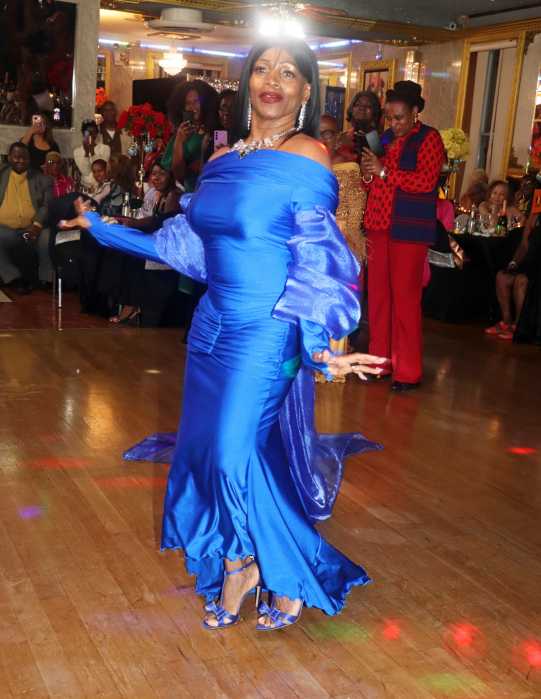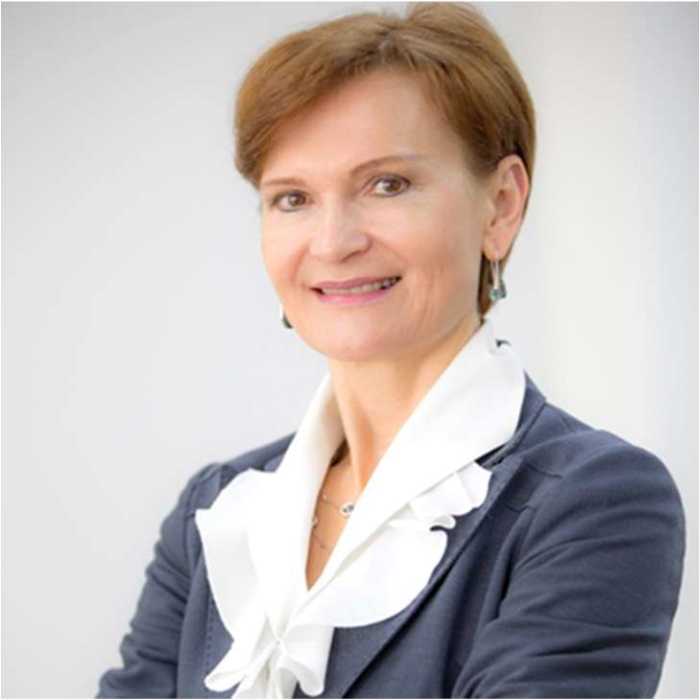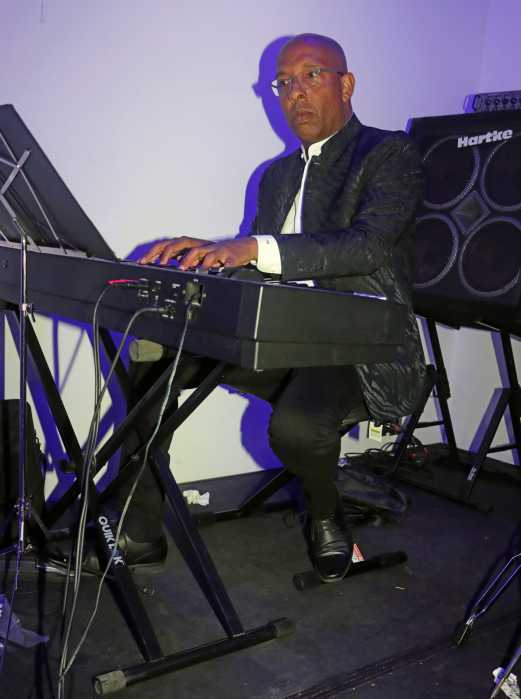Except for those close to Isabel “Lorna” Lewis, whom she might have confided in, hardly anyone else knew what she was about to speak on — not even Lorenzo DeCaul, president of the Philadelphia-based St. Vincent and the Grenadines Organization of Pennsylvania.
DeCaul told Caribbean Life afterwards that keynote speakers are generally given free rein to speak on a topic or issue of their choice at the group’s annual Independence Banquet, which serves, simultaneously, as the group’s Anniversary Dinner and Dance.
So, when Lewis, an author and non-profit founder and president, took the microphone to deliver the feature address last Saturday night at the Independence Ball in Philadelphia, many patrons were either stunned, dismayed or very sympathetic over her unexpected declaration.
“As it has been said many times over, it takes a village to raise a child,” said Lewis, who hailed from Diamond Village in South Central Windward in St. Vincent and the Grenadines, at the Vincentian-owned Calabash Banquet and Catering House on Lancaster Avenue in Philadelphia. “I stand before you to affirm that I am a child that was raised by a village — a village where I witnessed and experienced the good, the bad, and the ugly; a village where it appeared that domestic violence was everywhere; a village where men beat their wives and girlfriends — beatinsg that left these women with swollen red eyes, cuts, and bruises on their bodies, with marks more visible than marks traced on a roadmap.”
Lewis claimed that residents of Diamond Village, at the time of growing up, “and the women themselves, seemed to have accepted these criminal acts as the norm.
“They did nothing, and these men were never prosecuted,” she said. “Men, it appeared, had power over everything, and the abused women continued to be subservient to them, having their babies, year after year.”
Without holding back, Lewis said it was a village “where I was first raped at age 7 — raped committed on me until I was 11.”
Yet, she said, she “kept these rapes as secret, fearing the threat of my rapist — that he will kill my grandmother and me if I were to tell anyone.
“For years, I kept the rapes on me as secrets, living in pain and with the shame; but, yet I rise, rise high as a wave, because I believe in God and the power of prayer,” Lewis said. “I believe in the power of prayer because every Sunday my grandmother and mother made sure I attended church and Sunday School, and they also taught me how to pray.
“I also believed that I had to get away from the village,” she added, stating that her only way out was to receive a well-rounded education.
Encouraged by her former primary school principal to focus on a well-rounded education, Lewis said she was the first in her family to complete high (secondary) school (at the St. Joseph’s Convent).
In pursuit of her dream, Lewis said she left Diamond Village “and all the injustices I witnessed” and migrated to the United States while still a teenager.
In America, she said she worked six weeks as a housekeeper and nannie with three employers, and quit each one “because working as a housekeeper was too demeaning to me.”
Lewis said she also worked as a waitress, “got held up by gunpoint three times, got pregnant, and was homeless, and, at the same time, [was] hiding from immigration and facing deportation,” because she was an undocumented immigrant.
Still strongly believing in prayer, Lewis said she overcame most of her troubles, and was, subsequently, employed as a benefit administrator at the University of Pennsylvania Hospital. She also owned and operated a domestic employment agency.
While working in these positions, Lewis said she did her “very best” in assisting Caribbean nationals, placing them in jobs “where their employers will sponsor them to receive green cards and have them enroll in benefits they were entitled to.”
Additionally, Lewis told Caribbean Life that she “rose and achieved” a Bachelor of Science degree in Accounting from St. Joseph’s University, a license in insurance and investment, a real estate license in New Jersey and Pennsylvania, and a certificate as a Microsoft Certified Engineer. She also currently works in the technology department with an unidentified New York City agency.
Lewis – who is married to Gideon Lewis, “who was and still is in my corner cheering me on” — is the mother of “two educated, independent young women.” She also has a grandson.
“Together, they are my rocks that prevent me from falling,” she said, “and I love them dearly.”
Lewis said she first broke the silence of her rape when she told the “secrets” to her husband. Afterwards, she said she wrote and self-published “The Journey of a West Indian Soul,” detailing her story as a victim of childhood rape.
She said she considers herself a survivor and speaks to several groups on Domestic Violence and Sexual Childhood Abuse.
“Although, I rose and escaped the village, the village and the people never escaped me,” said Lewis, stating that, for the last five years, around Christmas time, she has been returning to Diamond and surrounding villages and distributing gifts to the needy.
In addition, she said that her non-profit group, Giving Life Anew Meaning, distributes school supplies annually to Vincentian and other Caribbean elementary school children.
“Today, I stand [here] speaking out against childhood sexual abuse and domestic violence in the communities, our Caribbean communities,” Lewis told the Independence Banquet. “And am urging others to let’s stand united, speak out and speak now against these crimes.
“I am of the belief that we, who were giving the opportunity to migrate, should never, never forget the communities, our communities, and the people we left [behind],” she added. “We should all look back and do the best to improve the lives of our people.
“Together, each of us can achieve more,” Lewis said. “Together, we have the power to make changes, changes in law of injustice, changes that will protect our mothers, sisters, brothers and sisters, and the communities as a whole, from these predators — sexual and others.”



























